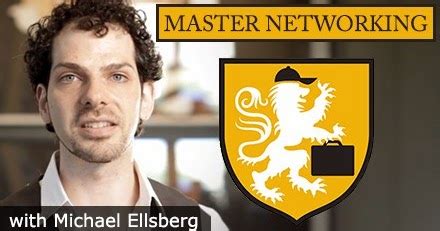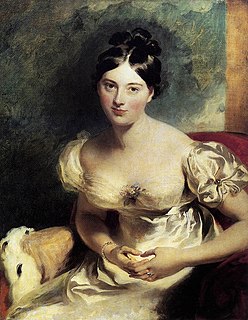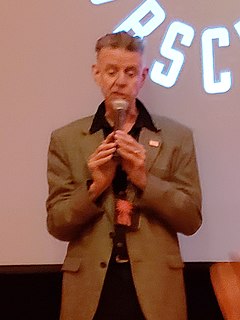A Quote by Nikki Giovanni
I'm glad I understand that while language is a gift, listening is a responsibility. (U.S. poet and writer, 1943- )
Quote Topics
Related Quotes
As a poet and writer, I deeply love and I deeply hate words. I love the infinite evidence and change and requirements and possibilities of language; every human use of words that is joyful, or honest or new, because experience is new... But as a Black poet and writer, I hate words that cancel my name and my history and the freedom of my future: I hate the words that condemn and refuse the language of my people in America.
There is this tendency to think that if you could only find the magic way, then you could become a poet. "Tell me how to become a poet. Tell me what to do." . . . What makes you a poet is a gift for language, an ability to see into the heart of things, and an ability to deal with important unconscious material. When all these things come together, you're a poet. But there isn't one little gimmick that makes you a poet. There isn't any formula for it.
The inimitable writer Maxine Hong Kingston published a book in 2002 with the title To Be the Poet. However, in contrast to the transformatory distinctions Kingston makes between the conditions of being a prose writer and "the poet," my multigenre impulses incline me to a broader transformation: to be a writer.
Learning is available at the library for free; under a tree with a dog-eared paperback; at a job with a boss who gives you responsibility and mentorship; while traveling; while leading a cause, movement, or charity; while writing a novel or composing a poem or crafting a song; while interning, apprenticing, or volunteering; while playing a sport or immersing yourself in a language; while starting a business; and now, while watching a TED talk or taking a Khan Academy class.






































